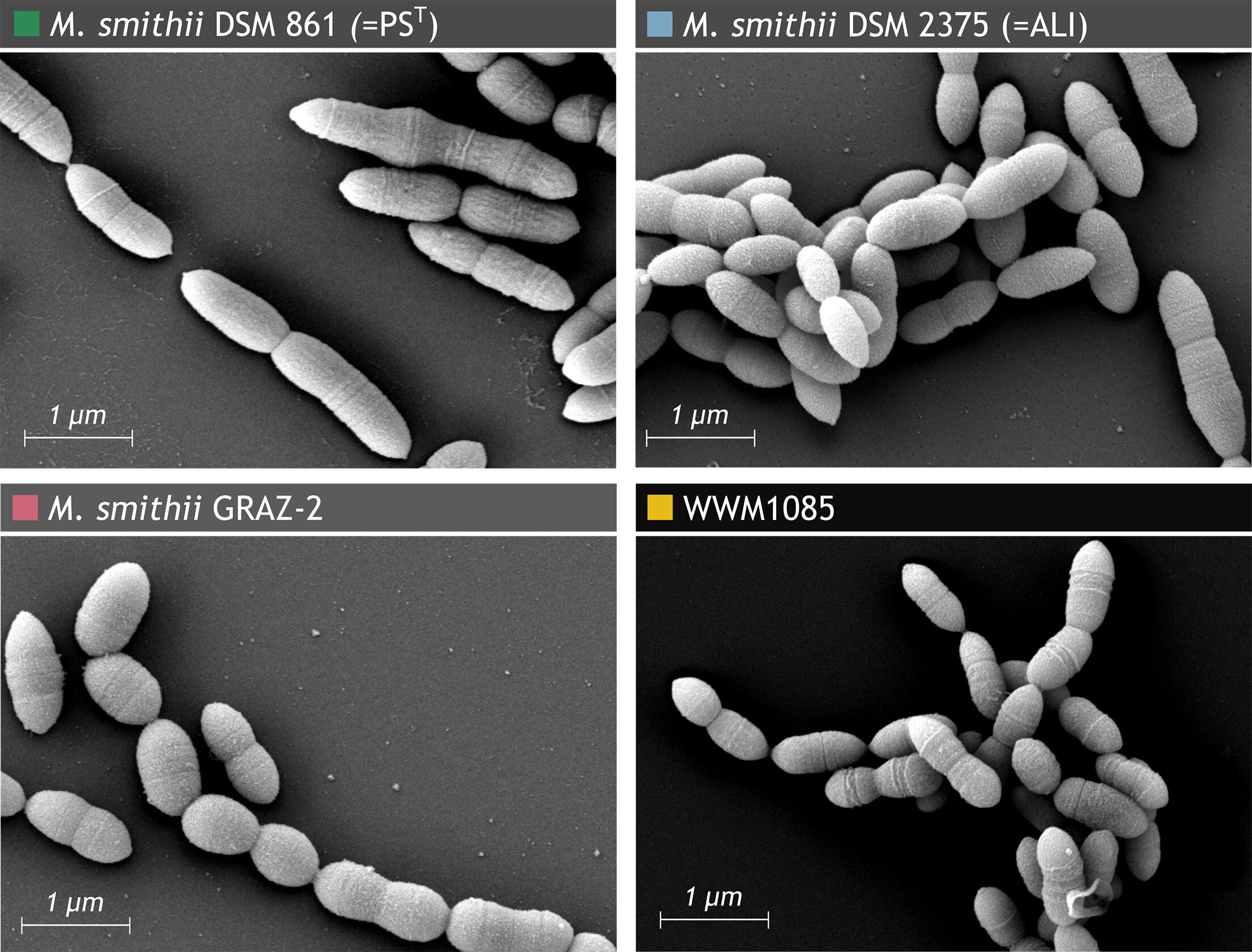New Species of Archaea
Recent advancements in microbiome research have revealed a previously unknown species of methane-producing archaea, Methanobrevibacter intestini. This discovery marks step towards understanding the complex interactions between humans and their microbiomes. The findings were published in the *International Journal of Systematic and Evolutionary Microbiology*.
About Archaea
Archaea represent a distinct domain of life, separate from bacteria and eukaryotes. They share similarities with bacteria but differ in cell membrane structure, metabolic pathways, and genetic make-up. Initially discovered in extreme environments, archaea are now recognised as vital components of the human gut microbiome. Methanogens, a subset of archaea, produce methane from simple substrates. Their role in human health is an emerging area of study.
Significance of Methanobrevibacter intestini
The newly identified Methanobrevibacter intestini WWM1085 thrives in anaerobic conditions and produces methane and succinic acid. Succinic acid is linked to inflammatory processes in the body.
Discovery of GRAZ-2 Variant
In addition to Methanobrevibacter intestini, researchers isolated a variant of Methanobrevibacter smithii, termed GRAZ-2. This strain produces formic acid, which may disrupt the metabolism of other gut microbes. The existence of GRAZ-2 puts stress on the intricate relationships among gut microorganisms and their potential effects on health.
Implications for Microbiome Research
The discoveries shed light on the often-overlooked role of archaea in gut health. The archaeome, which encompasses all archaea in the microbiome, may influence various metabolic processes. Understanding these microorganisms could reveal new vital information about their contributions to health and disease.
Future Directions in Research
To fully comprehend the role of archaea, specific isolation and cultivation are crucial. This approach enables detailed mechanistic investigations. The findings from this study pave the way for future research into personalised microbiome medicine, potentially leading to novel therapeutic strategies.
Month: Current Affairs - April, 2025
Category: Science & Technology Current Affairs







